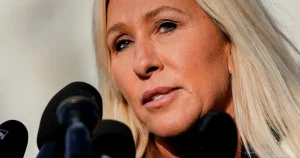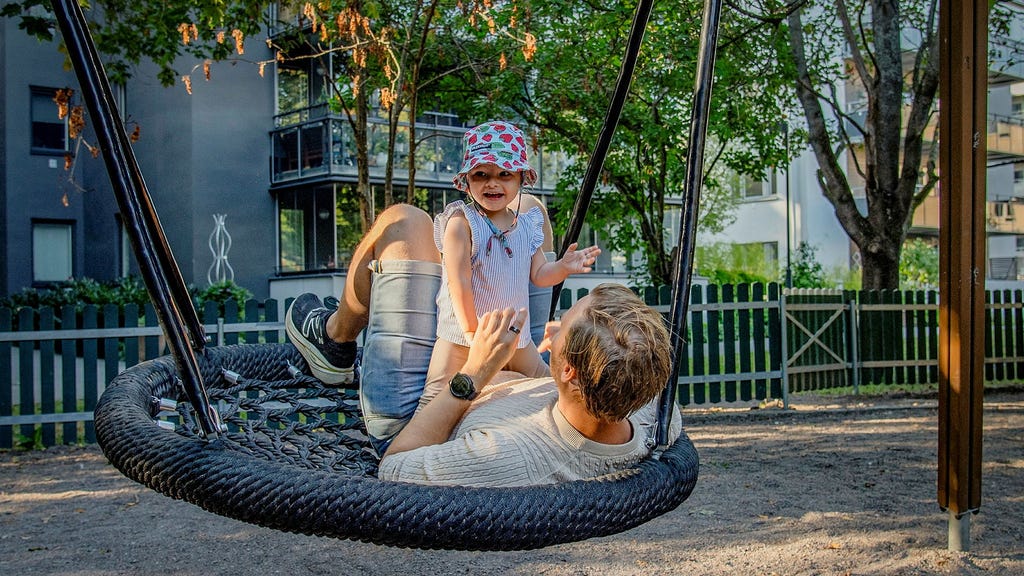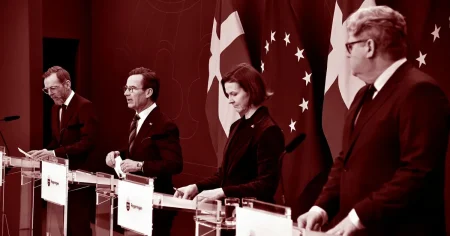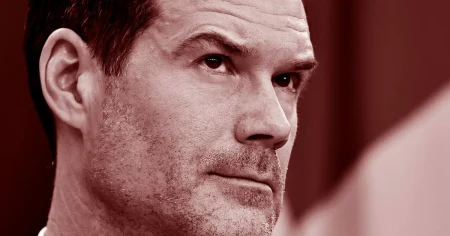The image of a Swedish defense official holding his sniffling daughter while discussing national security captivated international audiences a few years ago, not for the political content, but for the simple act of a high-ranking man in a traditionally masculine field openly caring for his child. This seemingly mundane act resonated deeply, highlighting a cultural shift in parenting roles and sparking a sense of national pride. While Sweden hasn’t achieved perfect gender equality, with women still shouldering more household responsibilities and suffering associated penalties, the nation stands out in terms of active childcare involvement by fathers. This image encapsulates a much larger story about the evolution of fatherhood in Sweden, a story of changing societal expectations, government policies, and a cultural embrace of shared parenting responsibilities.
Swedish fathers’ active participation in childcare isn’t a recent phenomenon; it reflects a decades-long societal transformation supported by structural changes and evolving cultural norms. The introduction of parental leave policies, specifically designed to encourage fathers to take time off, has played a crucial role. Unlike many other countries where parental leave is predominantly utilized by mothers, Swedish policy incentivizes fathers to share the responsibility, providing dedicated “daddy months” that are lost if not utilized. This policy, combined with a cultural shift towards accepting and even expecting fathers to be actively engaged in childcare, has resulted in a unique parenting landscape where fathers are no longer secondary caregivers but equal partners in raising their children.
The Swedish model of involved fatherhood isn’t just about changing diapers and reading bedtime stories; it represents a fundamental shift in the perception of masculinity. Swedish fathers are actively engaged in the everyday tasks of parenting, from school pick-ups and homework help to coaching sports teams and providing emotional support. They are present not just physically, but emotionally, fostering close bonds with their children. This active participation stands in stark contrast to traditional gender roles where childcare is primarily seen as a woman’s responsibility. The normalization of paternal involvement in Sweden has not only benefited children but has also broadened the definition of what it means to be a man, challenging stereotypical notions of masculinity and promoting a more balanced and equitable approach to family life.
The impact of involved fathers extends beyond individual families, influencing societal perceptions of gender roles and challenging traditional stereotypes. By actively participating in childcare, Swedish fathers are setting an example for future generations, demonstrating that caring for children is not solely a woman’s duty but a shared responsibility. This change in attitude is gradually permeating other spheres of life, contributing to a more equitable distribution of labor within the household and promoting a greater understanding of the importance of work-life balance for both men and women. The Swedish model of fatherhood serves as a compelling example for other countries seeking to address gender inequality and promote a more balanced approach to parenting.
The benefits of involved fatherhood are multifaceted, positively impacting children’s emotional well-being, development, and future life choices. Children with actively engaged fathers are more likely to develop strong emotional bonds, possess greater self-confidence, and achieve higher academic success. They also develop a more nuanced understanding of gender roles, freeing them from restrictive stereotypes and empowering them to pursue their own paths, regardless of societal expectations. For girls, having an involved father can lead to higher self-esteem and a broader range of aspirations, while boys benefit from having a positive male role model who demonstrates nurturing and caring behaviors, challenging traditional notions of masculinity.
The Swedish model of fatherhood is not a utopian ideal, and challenges remain. While the country has made significant strides in promoting gender equality in parenting, disparities still exist in the division of household labor and career progression for women. However, the image of the defense official comforting his child while addressing national security concerns stands as a powerful symbol of progress. It represents a society that values and supports involved fatherhood, recognizing its significance not only for individual families but for the broader societal goal of achieving greater gender equality. This commitment to shared parenting responsibilities is not just a cultural quirk; it is a strategic investment in the future, fostering a more balanced, equitable, and ultimately, more fulfilling society for all.














